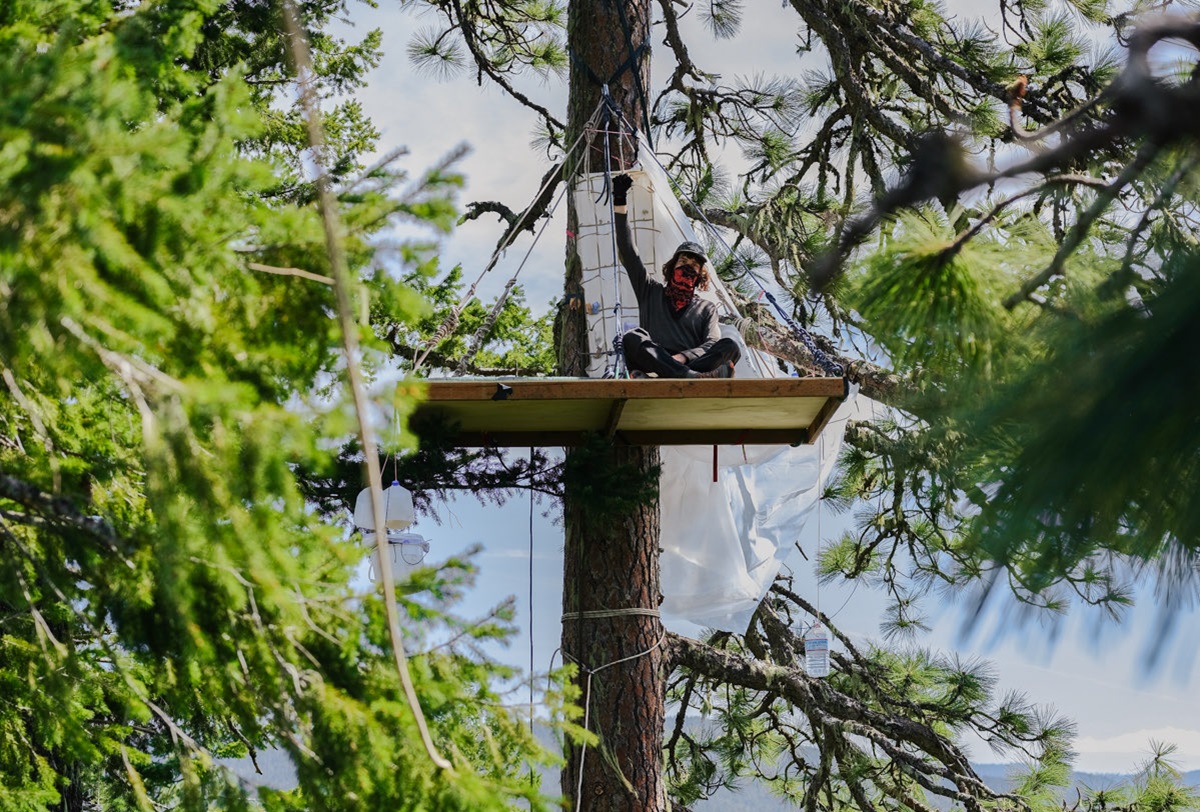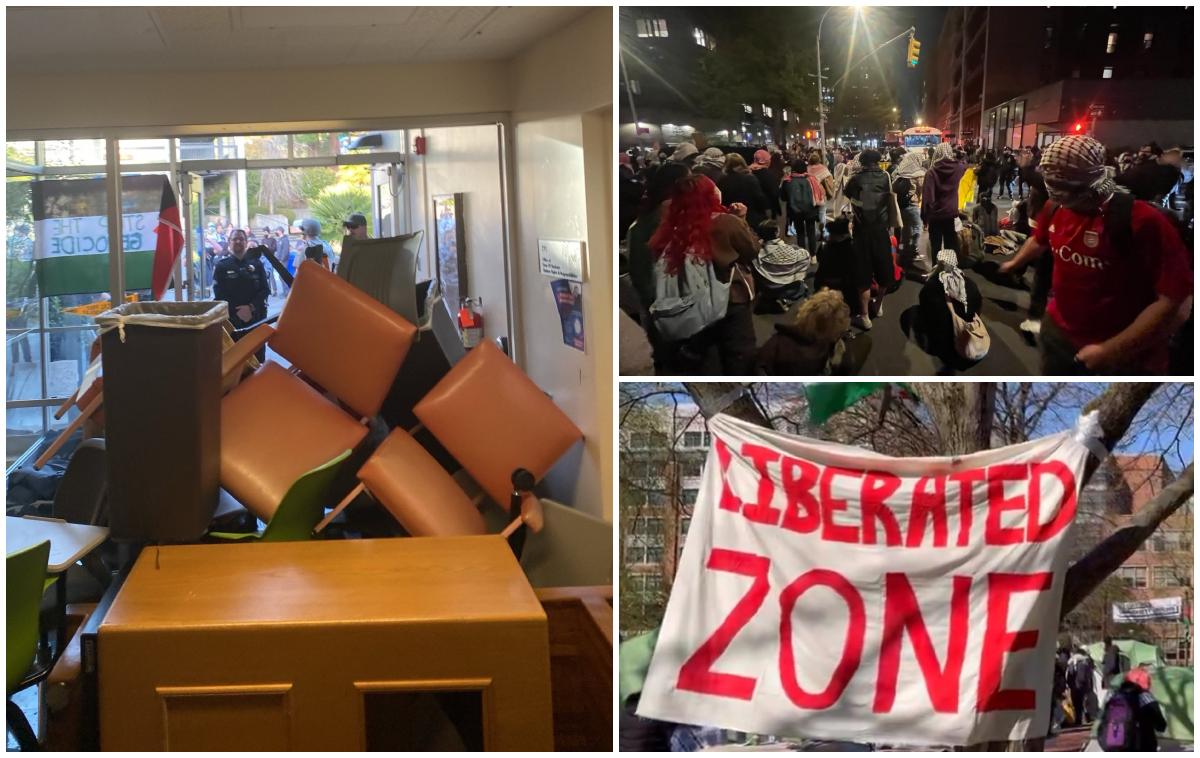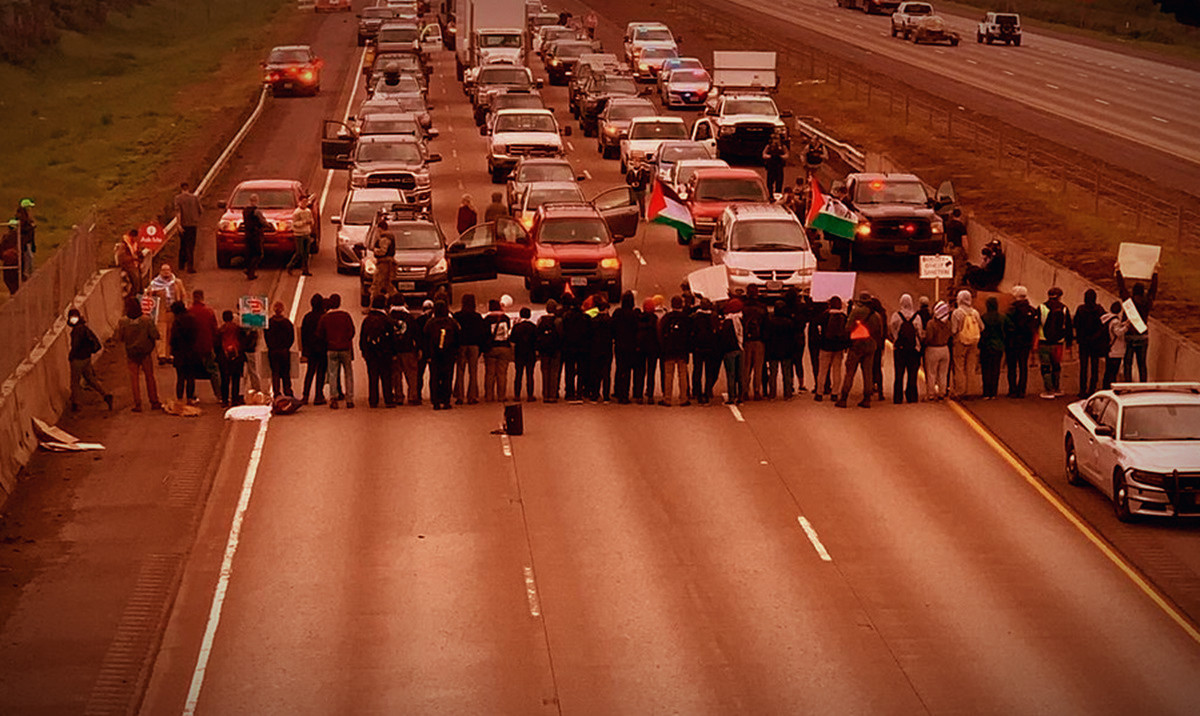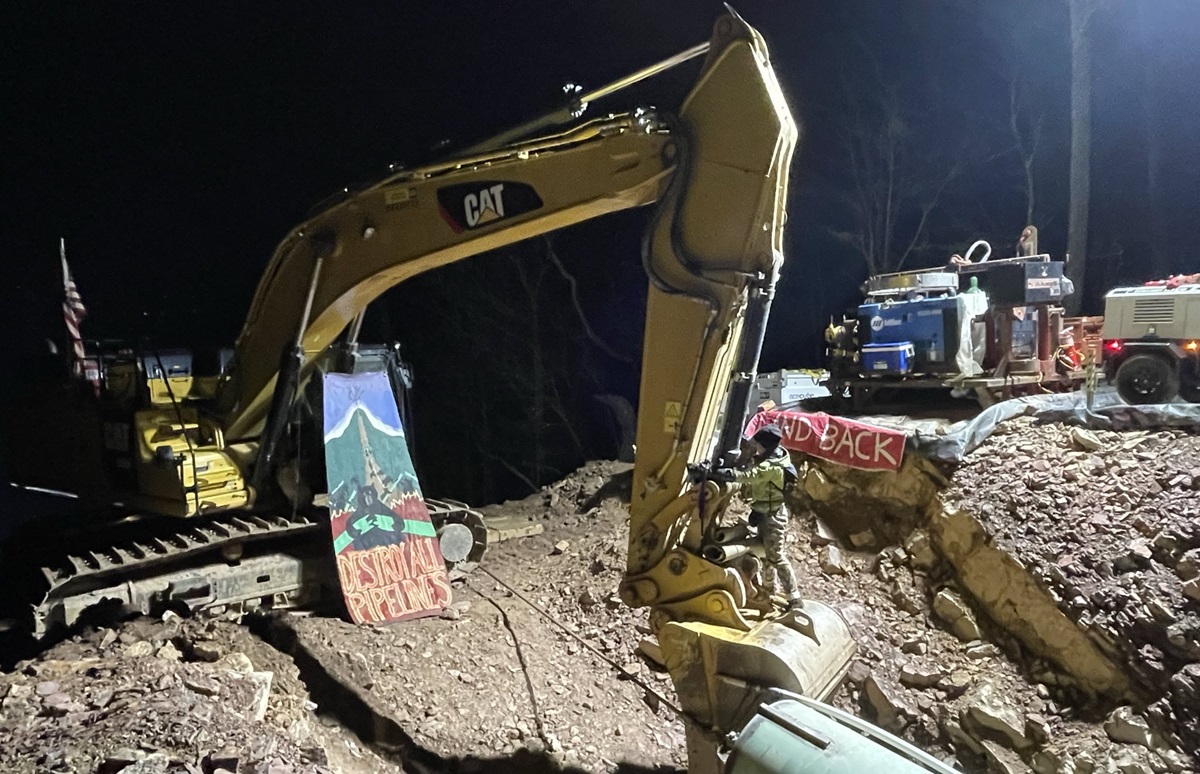Filed under: Action, Anarchist Movement, Caribbean, Community Organizing, Disaster, Featured
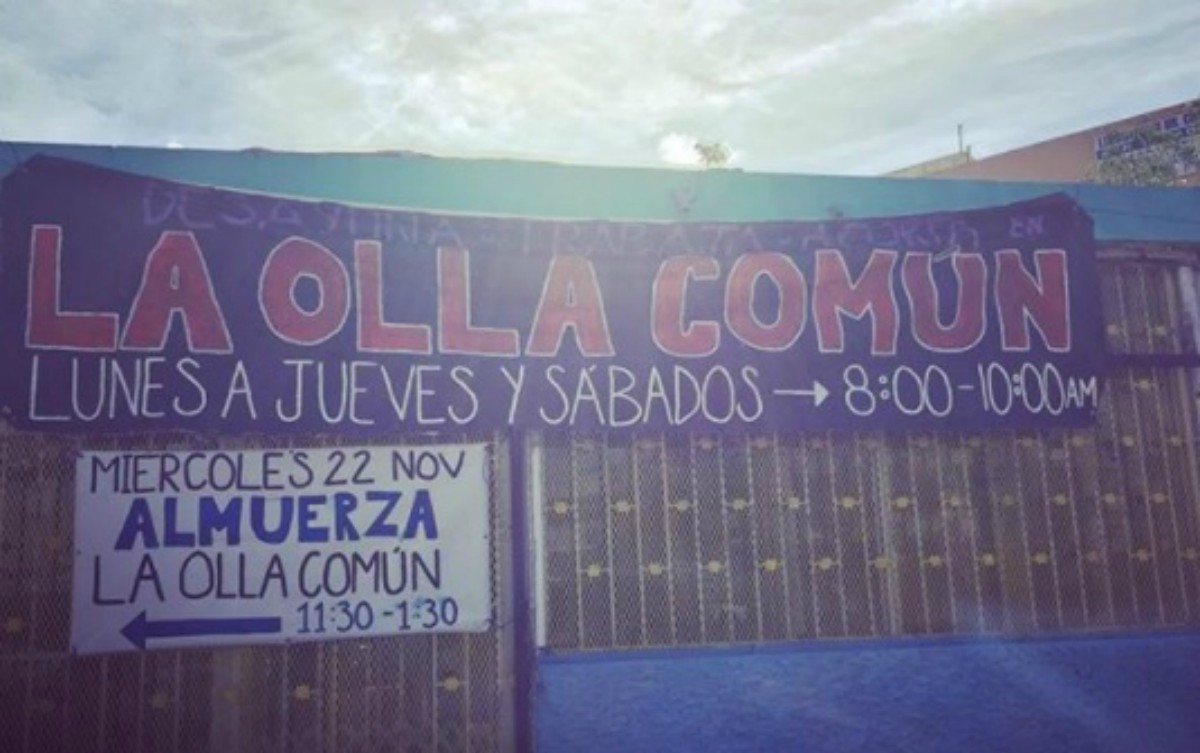
Rolling through the gates of west end Aquadilla’s Medium/Minimum security prison Institución Correccional de Guerrero, our view widens to capture barbed wire buildings, a generator screaming a guttural something off stage left and the furious reality of captives of the state existing on the other side of liberation, scraping elbows with the humid air.
“These perimeter fences fell down during the storm and we had to position a line of armed special forces to guard the prisoners,” offers a sleepy guard in the final 3 hours of a double shift. “They are still guarding the back end 24 hours a day, 7 days a week.”
“The warden is here, she’s coming,” a prison guard tells us. We are in this space continuing our post-hurricane jail support of ensuring captives of the state have access to clean water, calls to family and lovers, proper ventilation and correctional facility meted out “privileges.”
Outside the prison, the weather is sweltering. Inside the prison, an entire building full of prisoners have been merged with another building full of prisoners and now overcrowding is the new hurricane to survive.
When asked, FEMA higher-ups on the ground said directly to MAD Relief volunteers that they have no idea what the status of Puerto Rico captives of the state are. Not stunning given their steep red tape speed bump approach to ‘relief work’ barely encompasses the island as is.
In a sit-down meeting with Mike, one of FEMA’s operations directors, he repeatedly referred to the resources people need as ‘commodities.’ And as we attempted to work out the liberation of one of FEMA’s IRC water storage tanks, collecting dust in their warehouse since the day we arrived (and who knows how long before that) to use in conjunction with our system teams’ water filtration device for storage, Mike pointedly told us “If FEMA helps NGO’s then we’re making the NGO’s look good instead of FEMA looking good. Do you see how that is a problem for us?”
While we very much understand the actual problem, it’s clear that Mike and other FEMA entities collecting paychecks on Puerto Rican soil do not. The problem is a landmine of protocols that make getting any kind of aid out to the people of Puerto Rico feel more like a jailbreak then a transfer of goods that are supposedly intended to be circulated to the people who need them.
Again and again Mike referred to Puerto Rico’s debt, resting his elbows on the narrative that Puerto Rico expects the US government to do everything for them. Just don’t try to point out to him that Donald Trump owns millions in Puerto Rico’s debt- to a government that has colonized, brutalized and traumatized them for hundreds of years. “Because you can’t lay all of Puerto Rico’s problems on Trump.” After all, he did throw paper towels at hurricane survivors in those critical days after the second historic storm trampled the island. And as Mike pointed out to us, “There’s no free lunch.”
Across the island in Las Marias people line up at the Centro de Apoyo Mutual Bucarabones Unido (CAMBU) space for Mutual Aid disaster relief guerilla field medics as we prepared to hold community-requested clinics out of two classrooms. For the next 2 hours, under the light of solar lanterns held in the air above us by community members, we provide auriculotherapy, wellness checks, care for people suffering dehydration, exacerbation of chronic medical conditions, trauma and anxiety, blood sugar issues and colds and flus.
The Centro is a space providing Aid and solidarity in the community by the community.
Autonomous Centro de Apoyo Mutuo spaces are up and operating as community kitchens and gathering spaces where gardening, cooking, workshops, film screenings and sustainable infrastructure projects are conceptualized, are built, are installed, are open sourced as a liberated means of survival.
In Rio Riedras, we walk through inspired streets heavily decorated with street art explicitly claiming their liberation from the state in spurts, “El Desastre es la Colonia” and “Ilegales Bienvenidos.”
We enter La Olla Comun, another mutual aid centro where a crowd are cleaning up from a daily community breakfast share.
Another autonomous space, another vibrant and visceral exhibit of community seized opportunity in the face of a capitalism exacerbated climate catastrophe created power vacuum. We talked with, and handed over all of our remaining medical supplies to, a crew who was preparing to leave for one of Puerto Rico’s Superfund sites to provide medical access and relief, Vieques.
From Mayaguez to Humacao, autonomy and solidarity is taking foothold and gaining steam. The process of liberation itself is liberating.
The people want to be free.
The people will be free.


